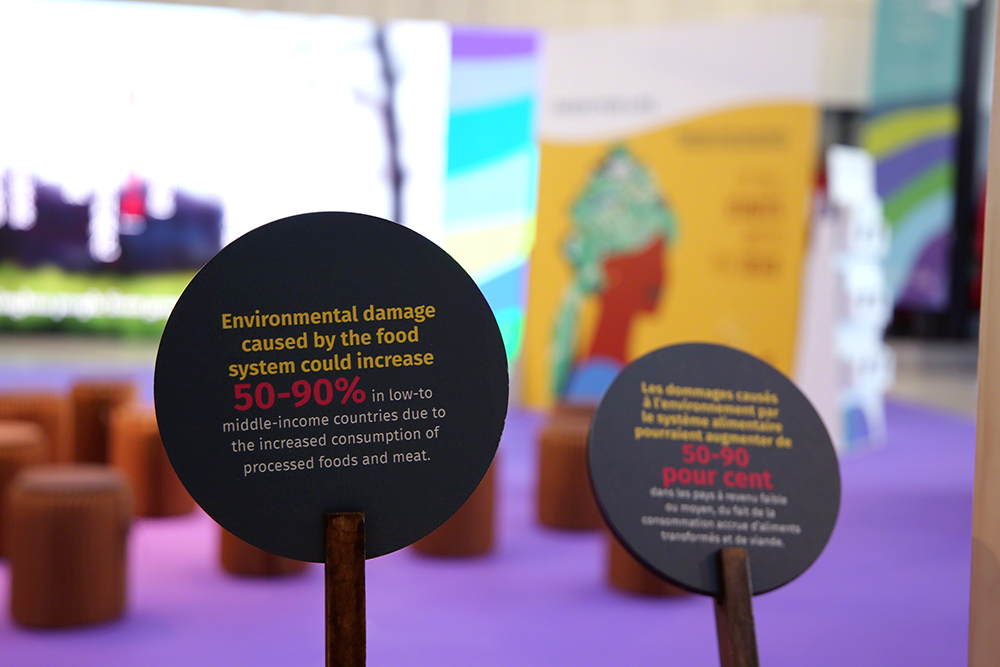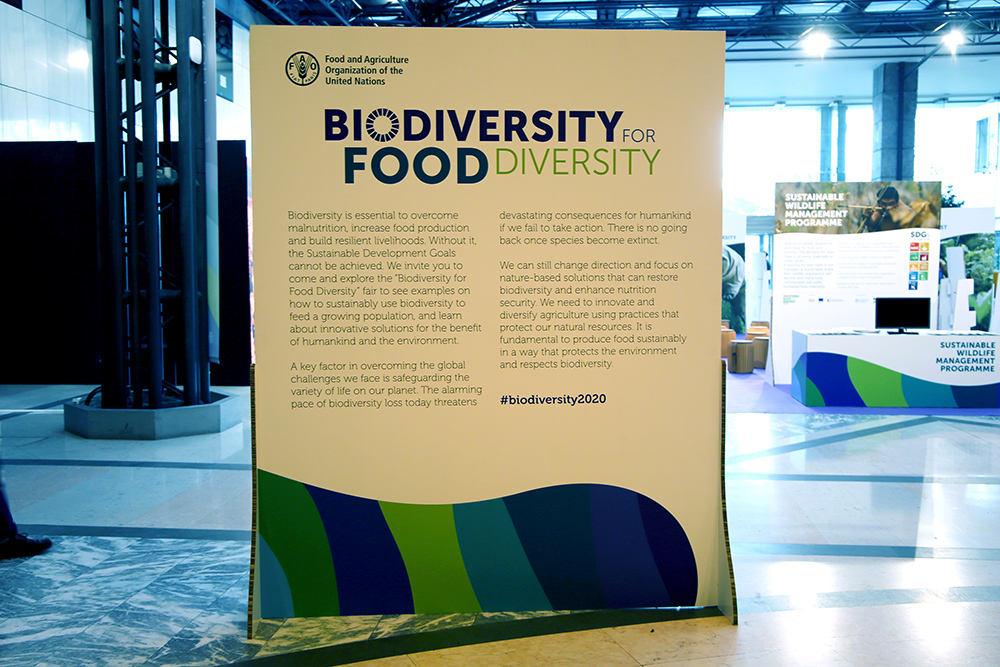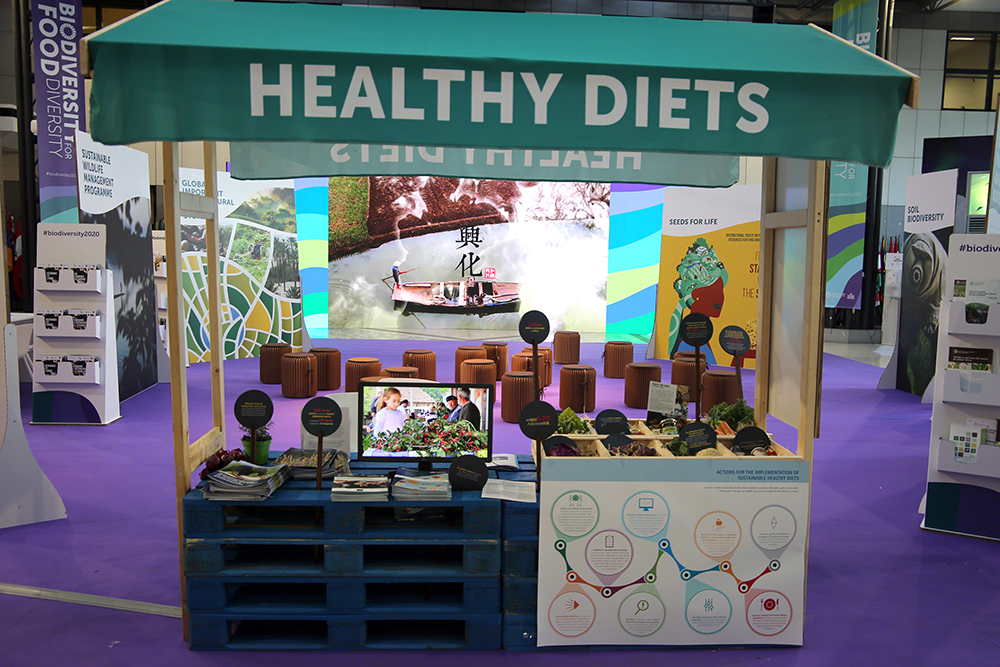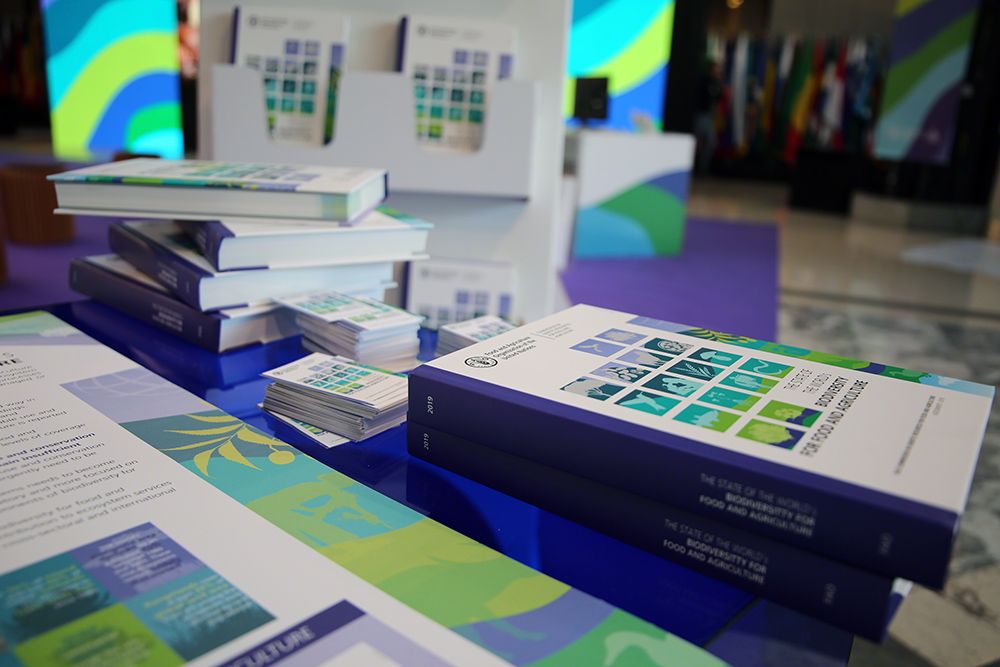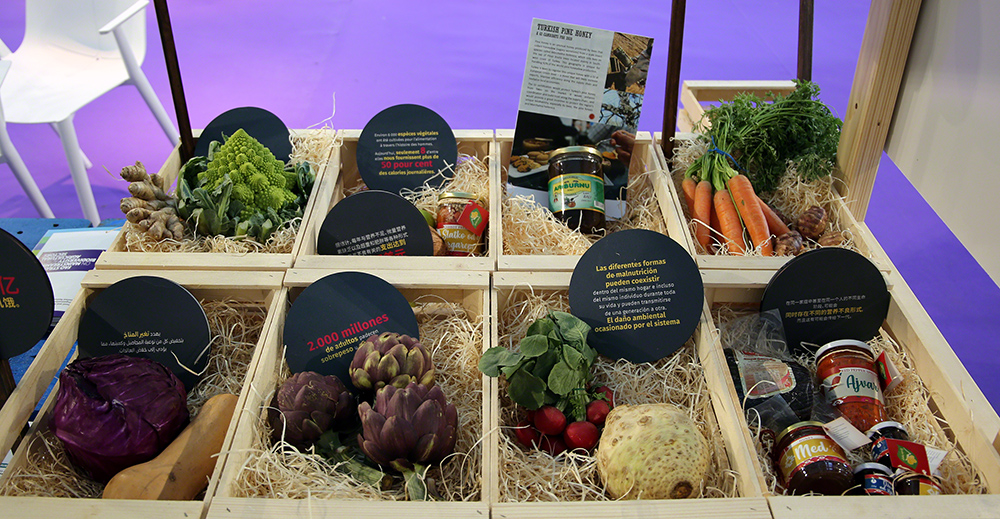Summary
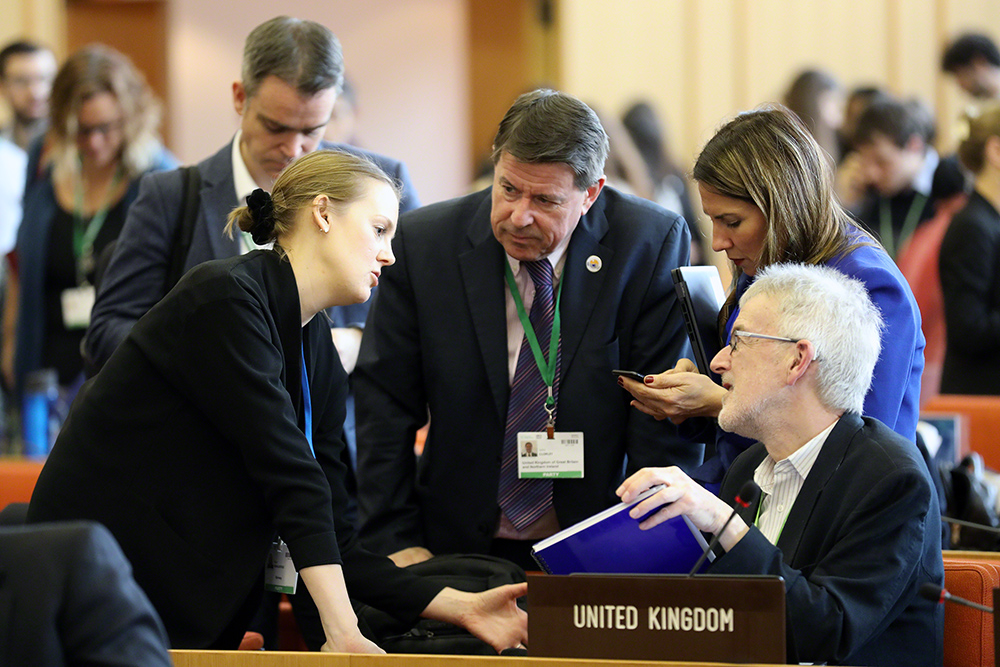
The second meeting of the Working Group on the Post-2020 Global Biodiversity Framework (WG) resumed on Wednesday, to continue negotiations on the zero draft of the post-2020 global biodiversity framework (GBF). In the morning, delegates continued their discussions in Contact Group 2, on reducing threats to biodiversity, co-chaired by Wadzanayi Goredema-Mandivenyi (South Africa) and Gabriele Obermayr (Austria).During lunch, delegates attended an information session on resource mobilization and the financial mechanism, which provided briefings from two teams of experts conducting related studies on the assessment of resources required for the period of the Eighth Replenishment of the Global Environment Facility Trust Fund (GEF-8) and on resource mobilization for the GBF.On the GEF-8 needs assessment, Ravi Sharma, independent consultant, outlined that consultations for the study will include a questionnaire, interviews with key stakeholders, and potentially regional and sub-regional consultations with Stephanie Mansourian, Mansourian Consultancy, outlining the details of the questionnaire. Yasha Feferholtz, EcoHealth Alliance, noted that the financial needs assessment will use econometric models to predict financial expenditures and needs of parties. Considering options for a four-year framework of programme priorities for the GEF aligned with the GBF, Yibin Xiang, CBD Secretariat, highlighted disconnections between guidance to the GEF and the Convention on Biological Diversity (CBD) planning processes, and noted that this is a good moment for re-connection. Outlining findings of the review of the strategy for resource mobilization, Jeremy Eppel, the World Bank, noted that the underlying structure of the resource mobilization strategy is valid, but questions arise around its operational effectiveness. On options for the future strategy, Tracey Cumming, independent consultant, outlined components for resource mobilization essential for transformative change in support of the GBF.In the afternoon, Contact Group 3 convened to negotiate text on targets of the zero draft clustered under the topic, “Meeting people’s needs through sustainable use and benefit-sharing,” co-chaired by Jorge Murillo (Colombia) and Anne Teller (EU).In the evening, Contact Group 1 on the goals of the GBF, convened for its second meeting to consider the first draft of a non-paper summarizing progress and text submissions since its first meeting on Tuesday.As contact groups built further momentum on Wednesday, with three out of four groups having met already, delegates felt a sense of pride for what some considered good progress. Learning from the previous day’s negotiations, Contact Group 3 Co-Chair Murillo, suggested, and delegates agreed, that rather than resorting to general statements followed by tedious and painstaking line-by-line negotiations, parties take 30 minutes to provide views on each target, which would allow even faster progress. This proved effective in some instances, and some were heard saying, “it’s like speed-dating for targets.” Whether this positive attitude sustains through the week remains to be seen, as delegates pouring out of contact group meetings, expressed concern on the rapid spread of the coronavirus, and whether it might impact smooth completion of the meeting.
IISD Reporting Services, through its ENB Meeting Coverage, provided daily digital coverage. Α summary and analysis report from the 2nd Meeting of the Open-ended Working Group on the Post-2020 Global Biodiversity Framework is available in HTML and PDF.
Photos by IISD/ENB | Mike Muzurakis
For photo reprint permissions, please follow instructions at our Attribution Regulations for Meeting Photo Usage Page
Contact Groups
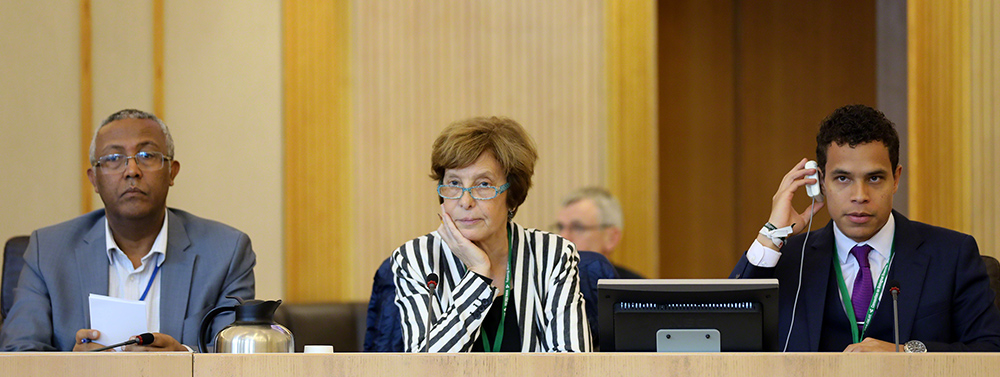
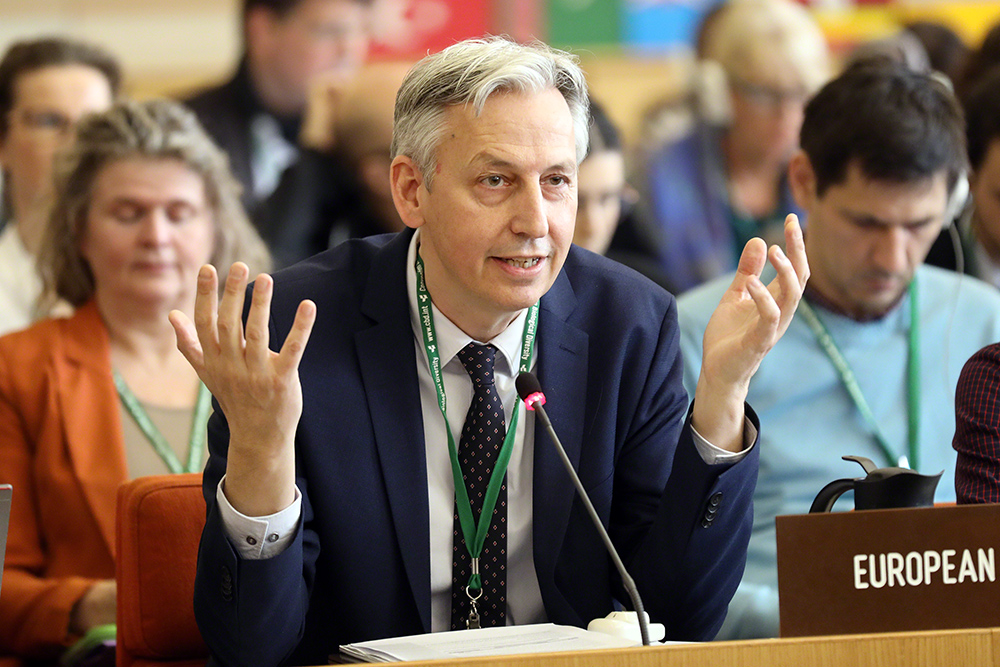
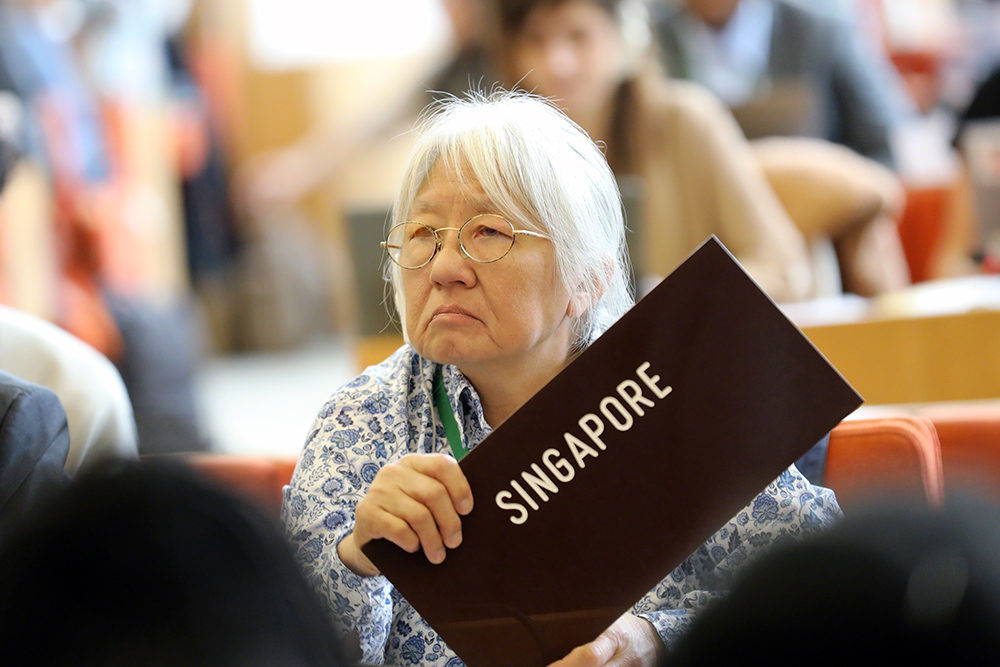
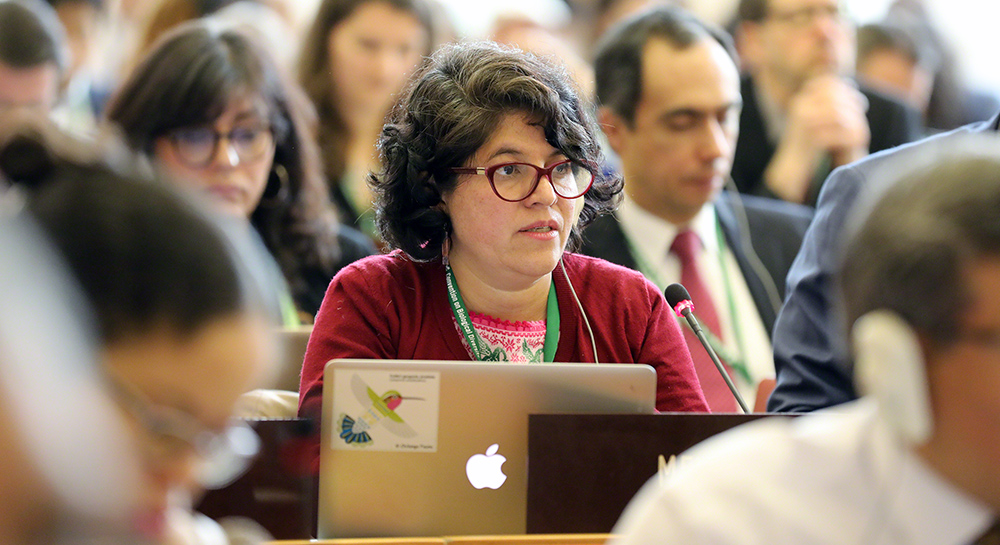
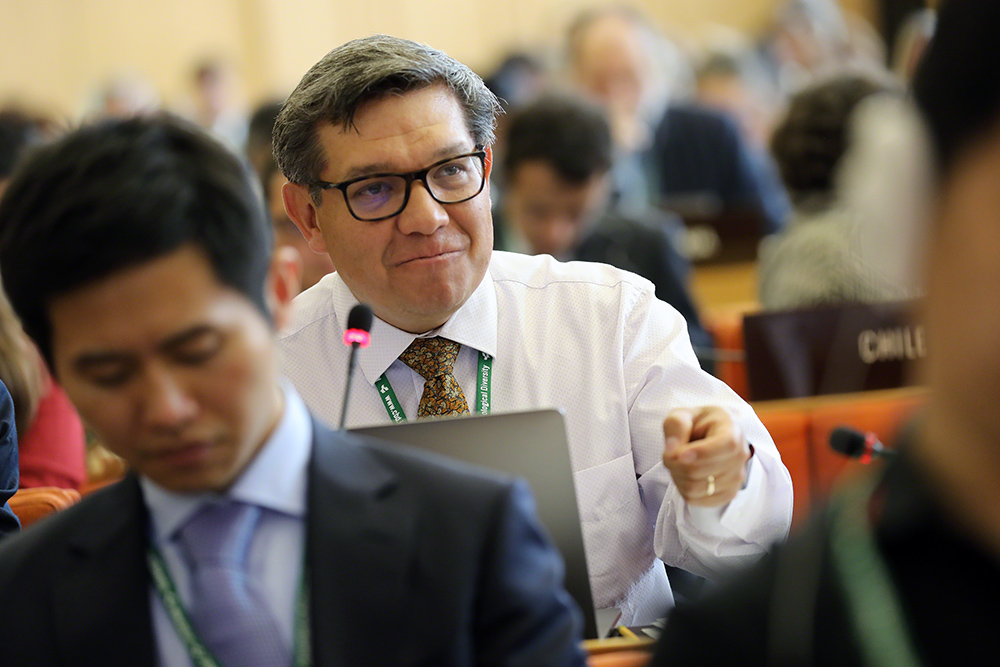
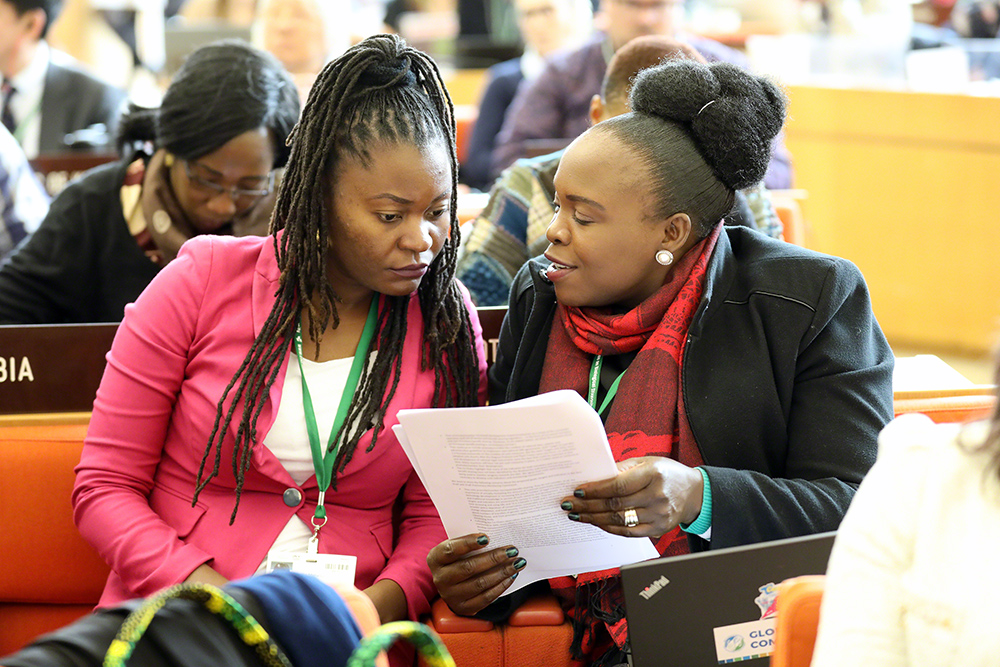
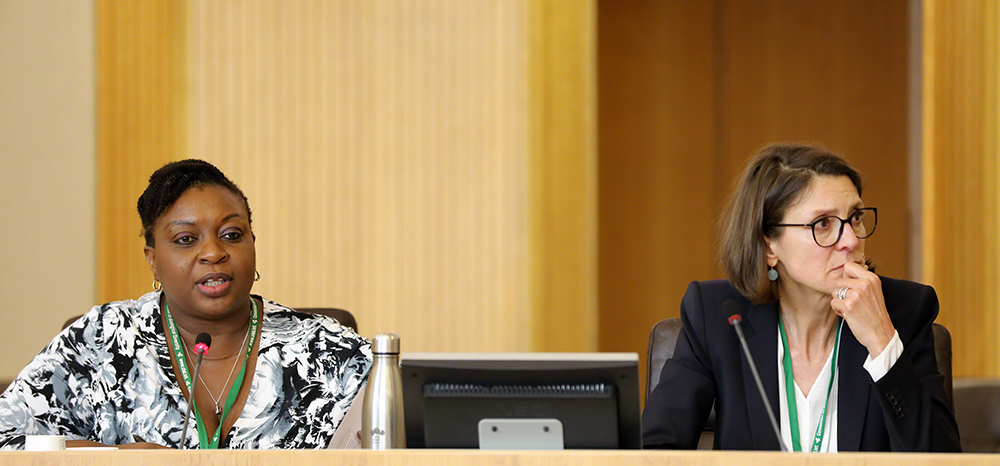
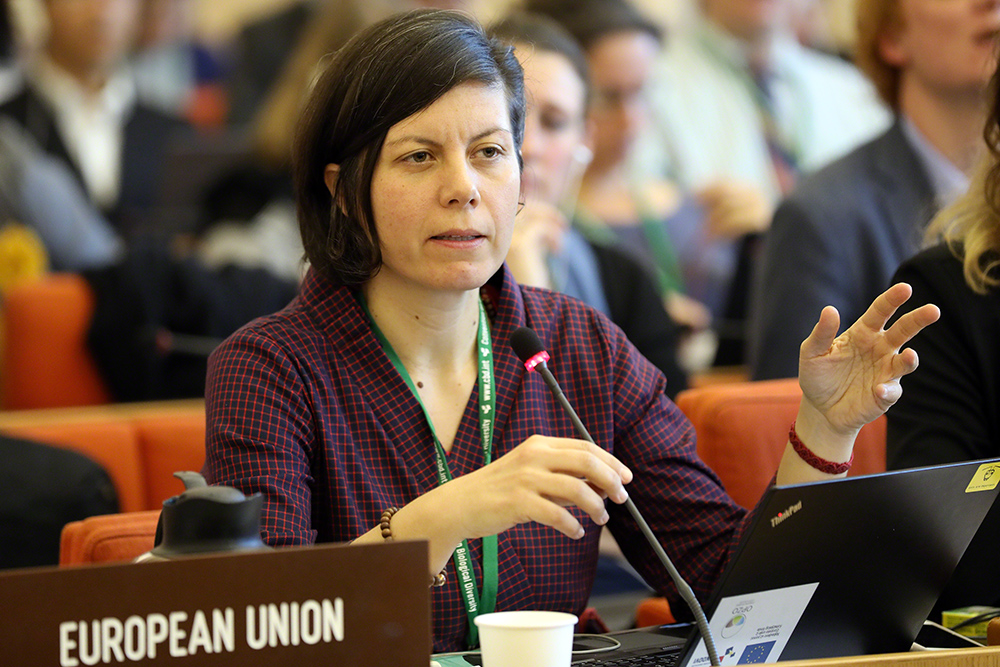
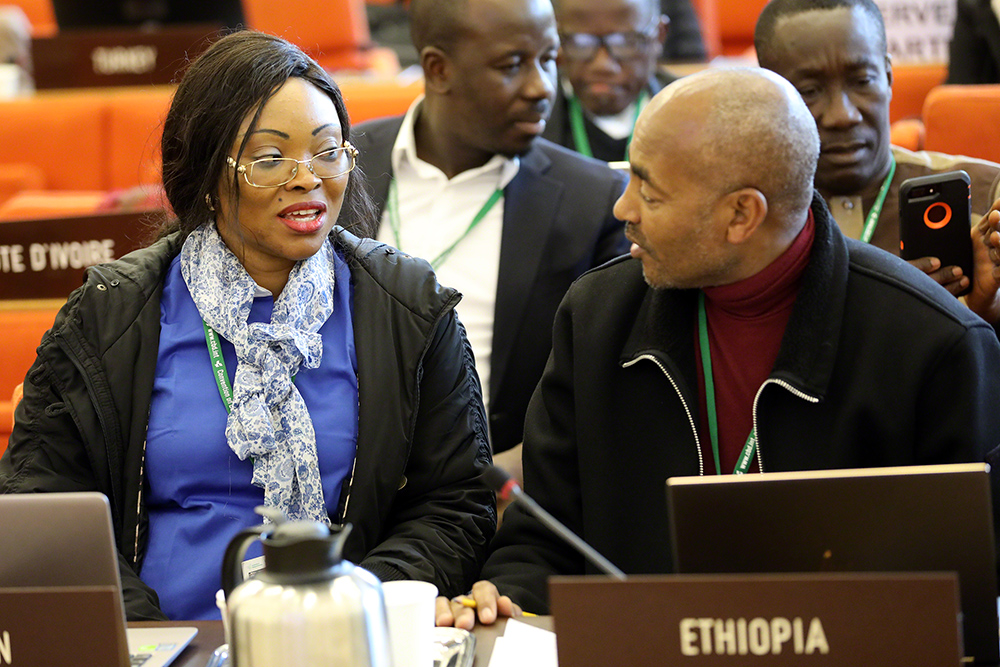
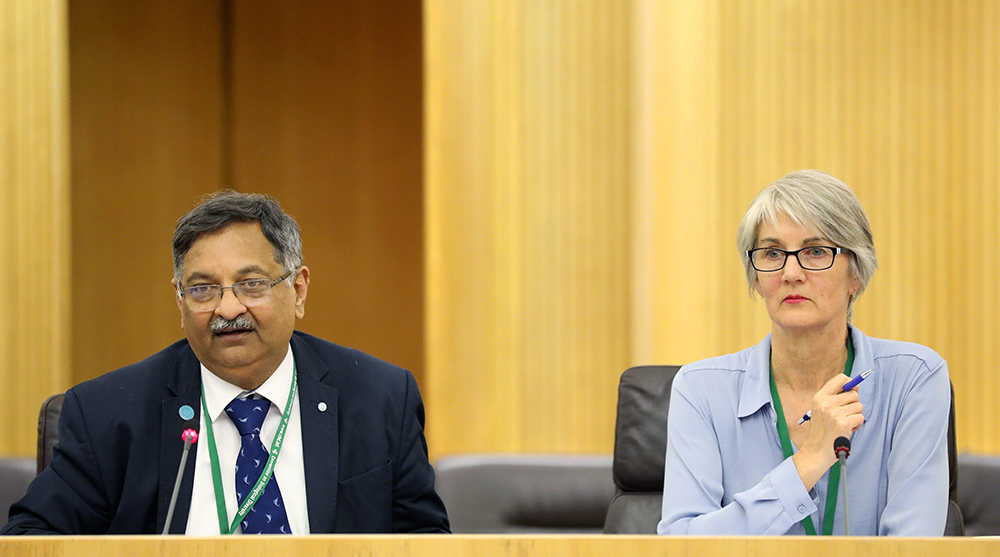
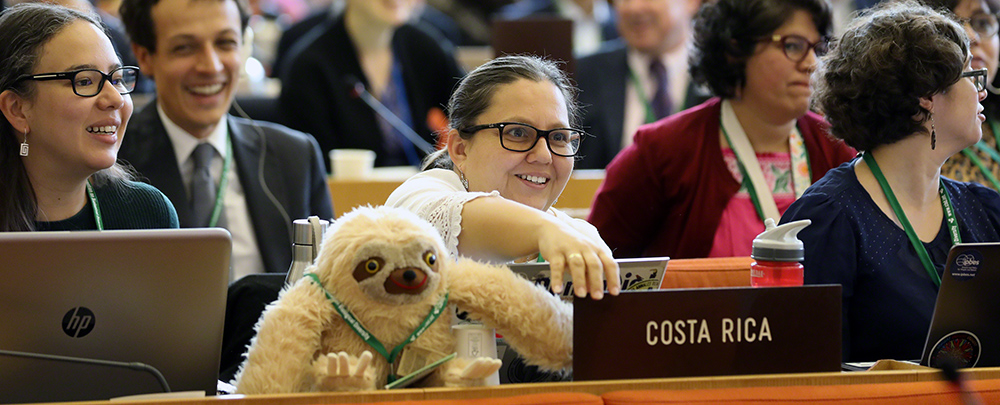
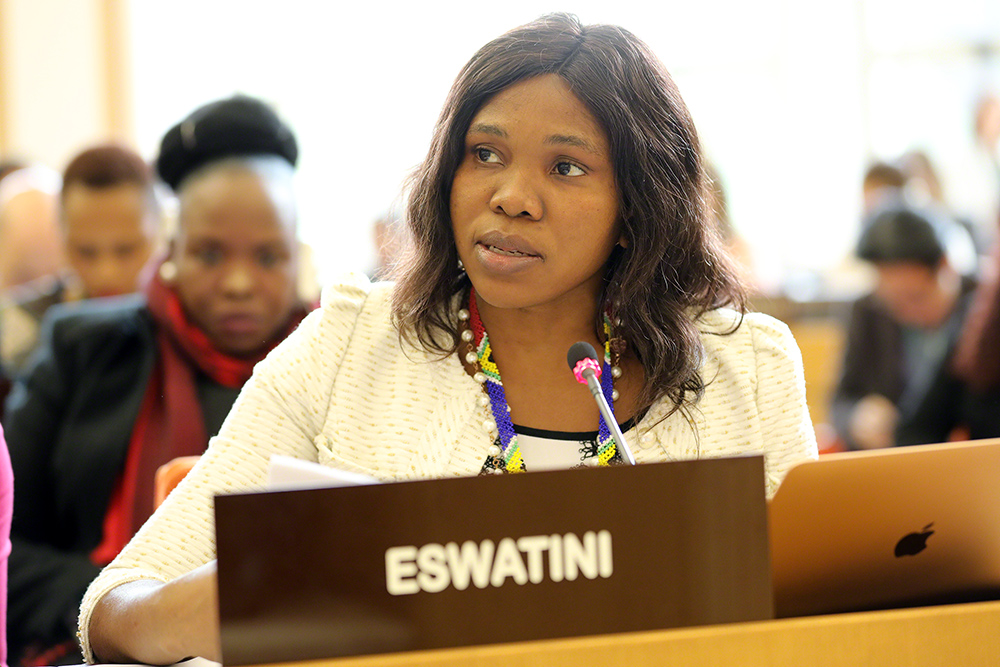
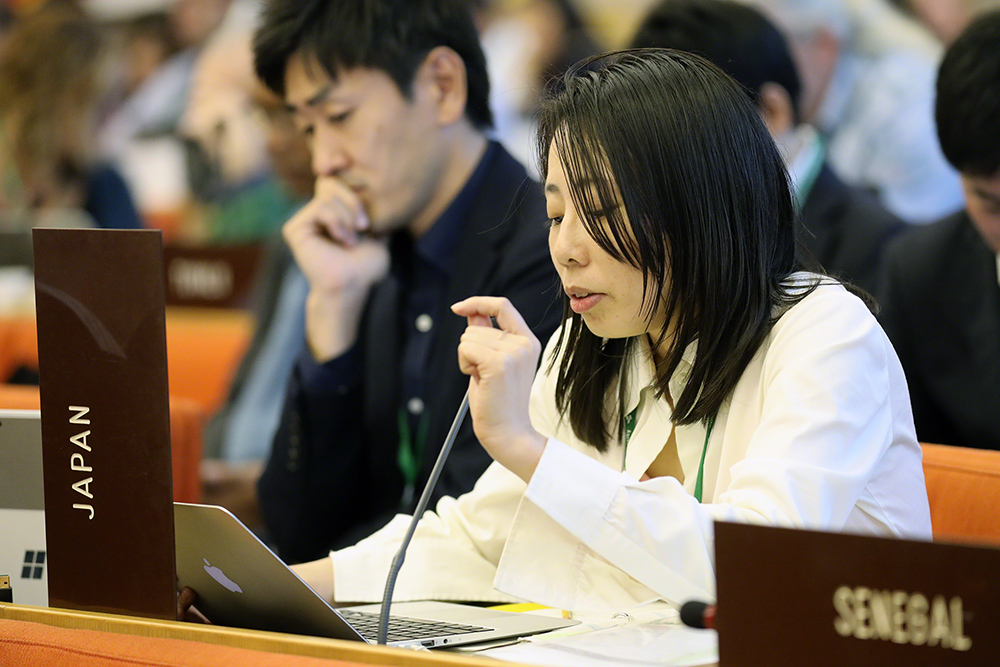
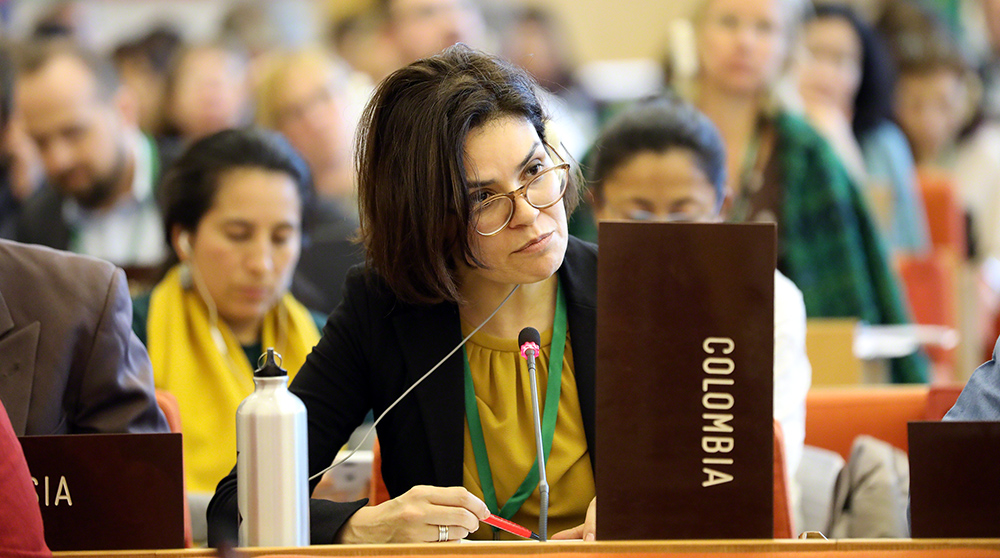
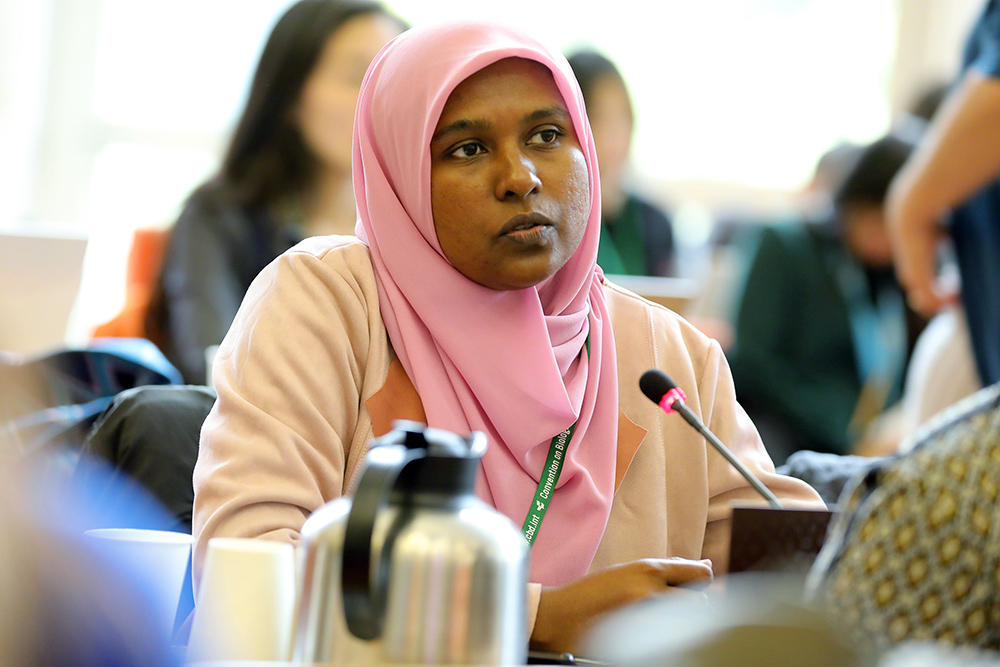
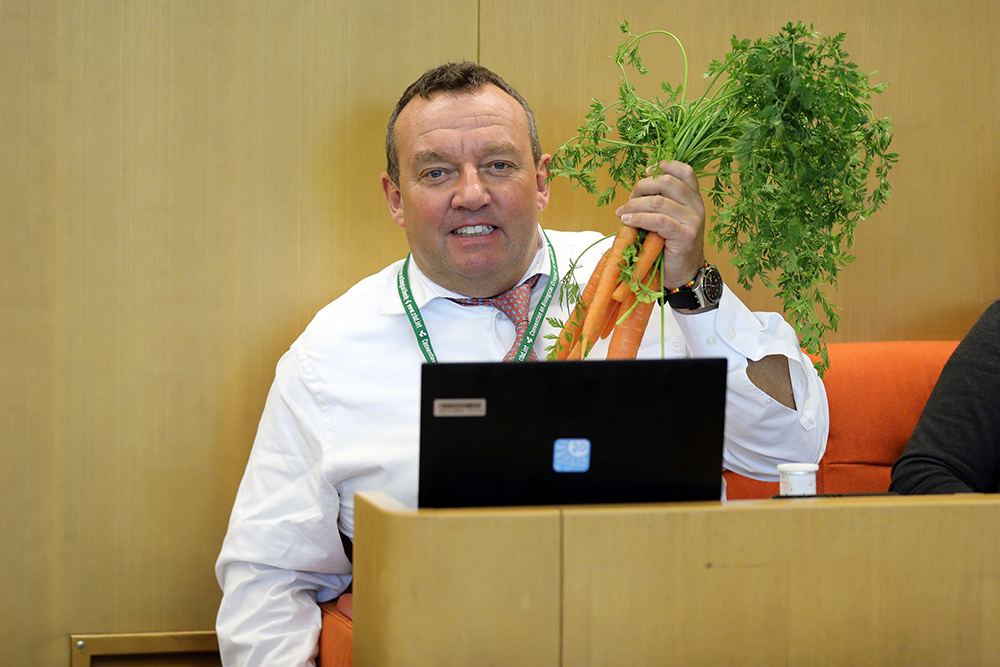
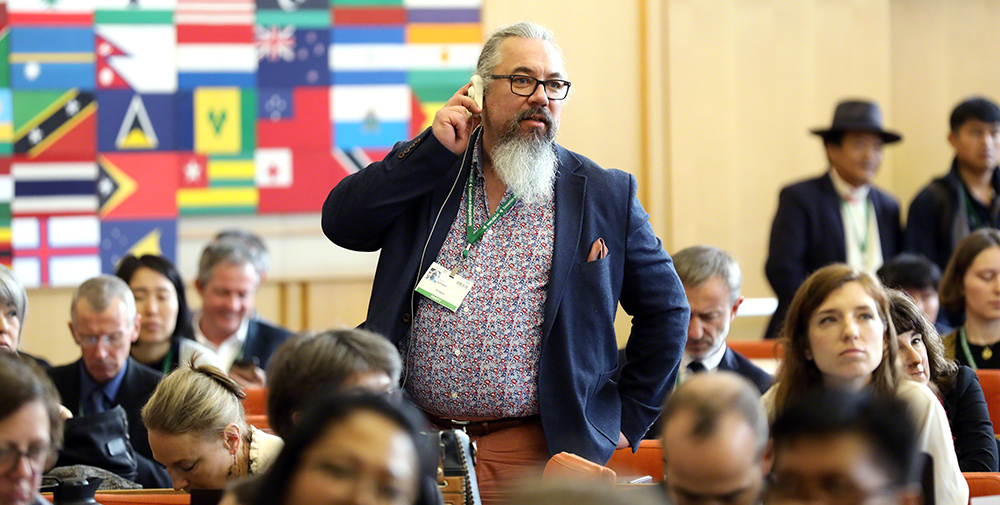
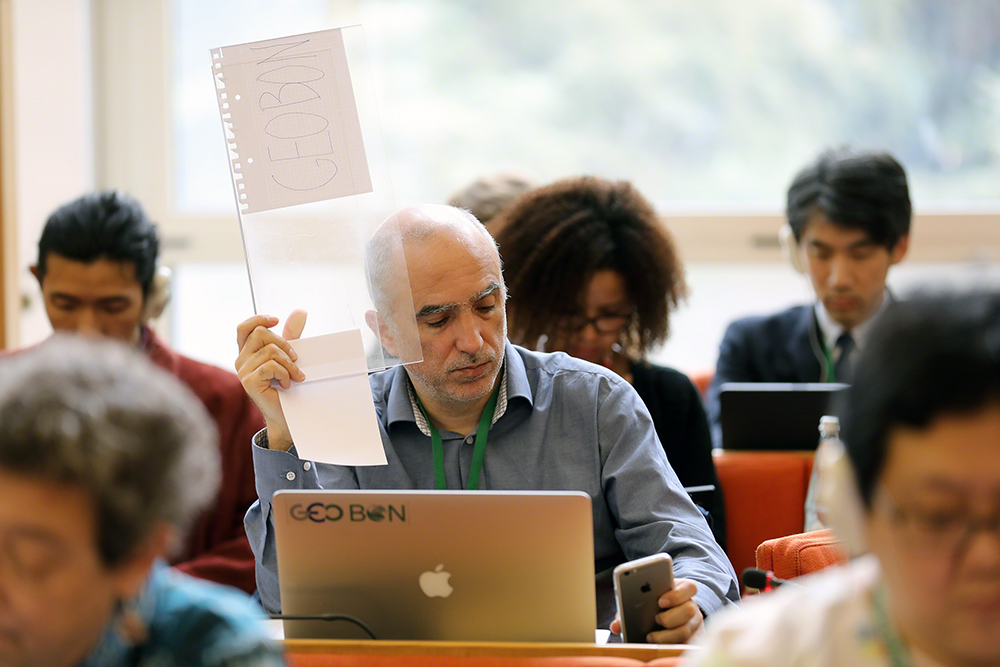
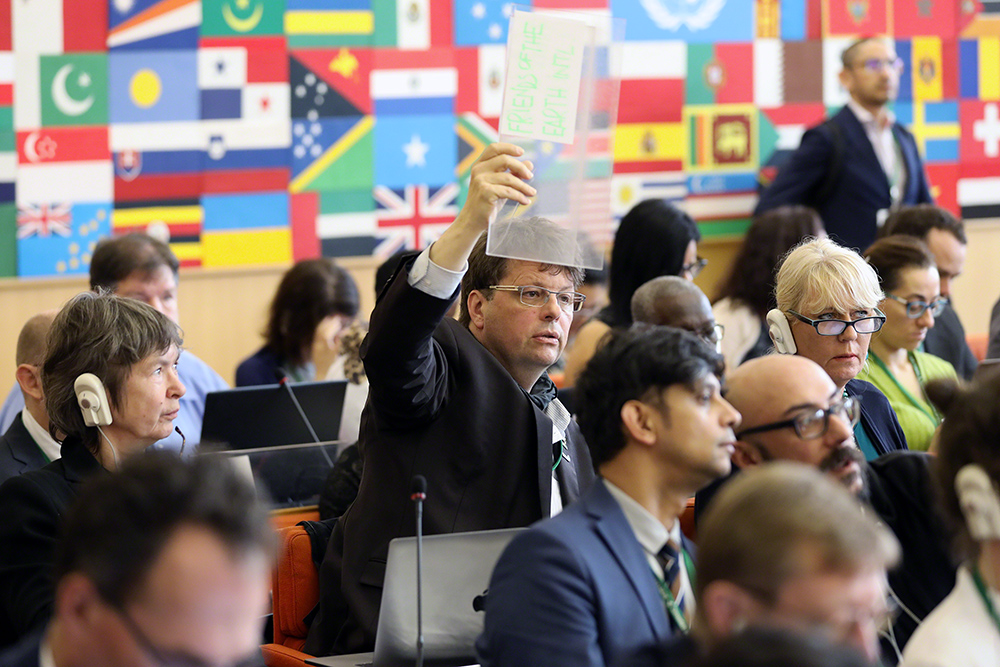
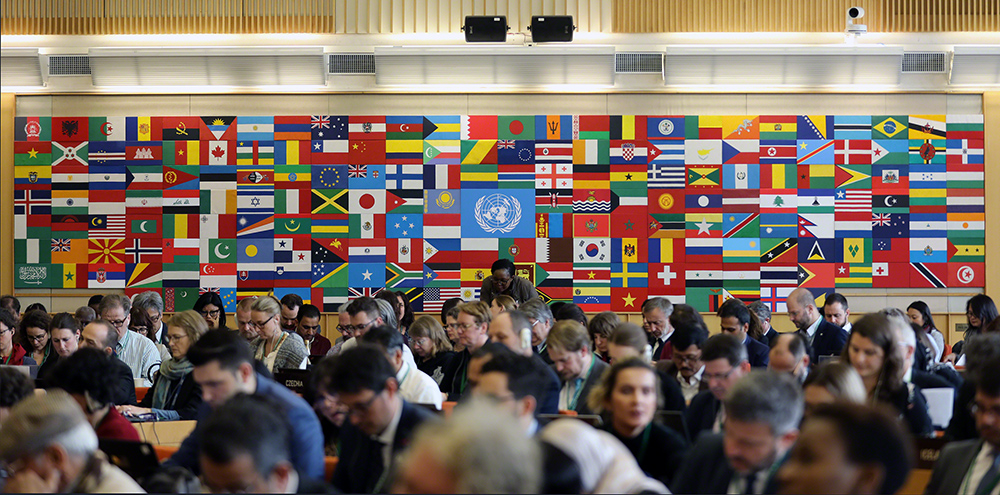
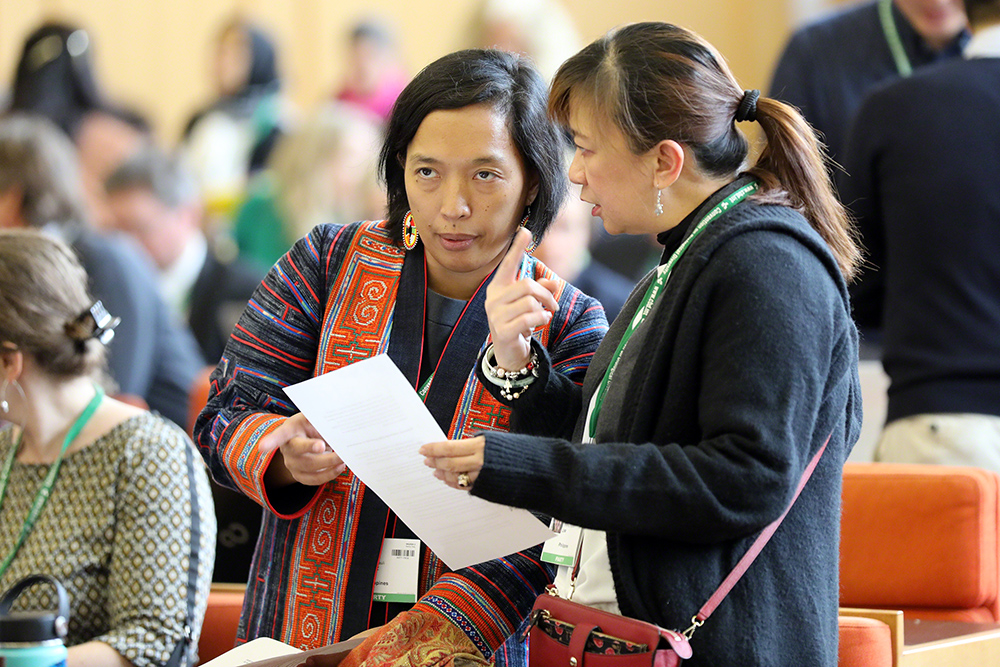
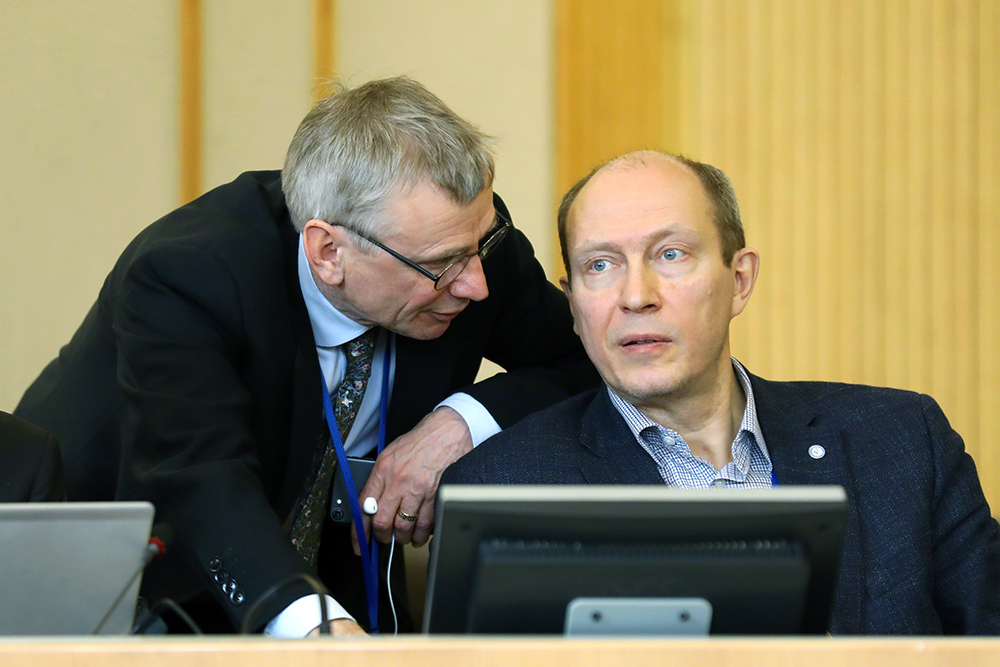
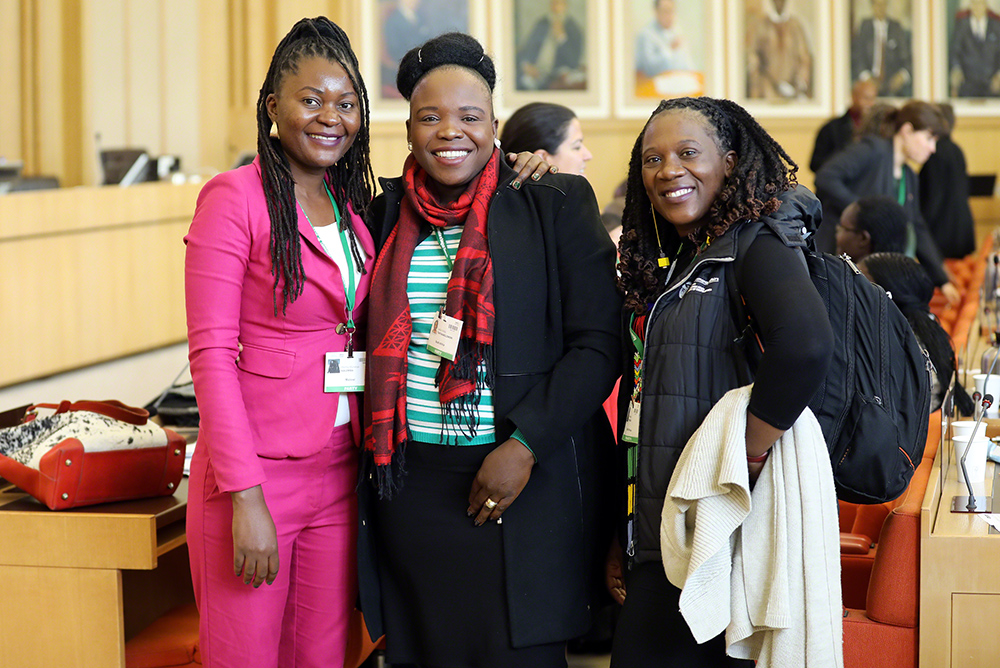
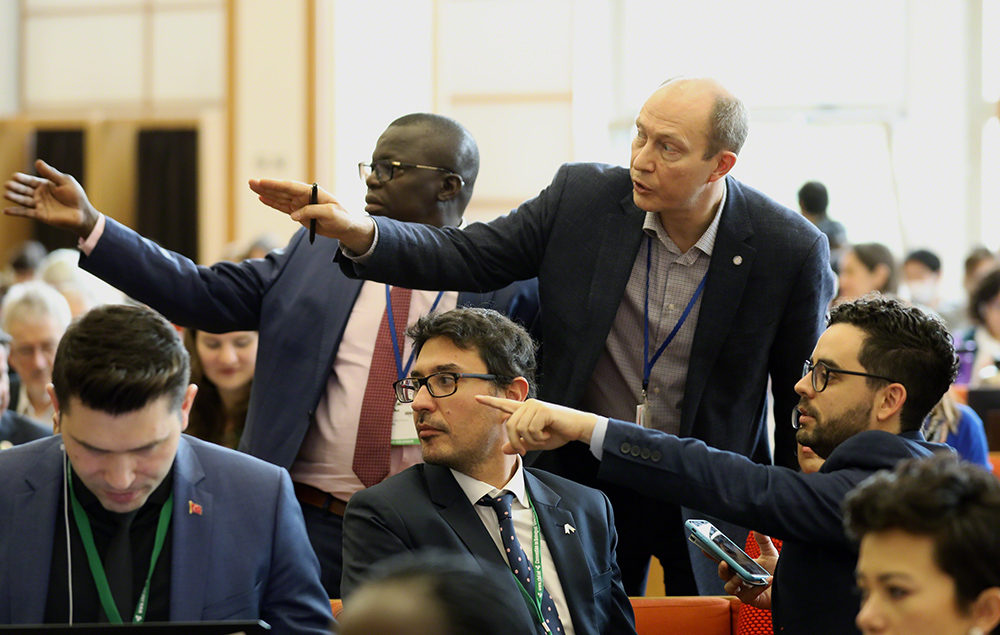
Information Session: Resource Mobilization and Financial Mechanism
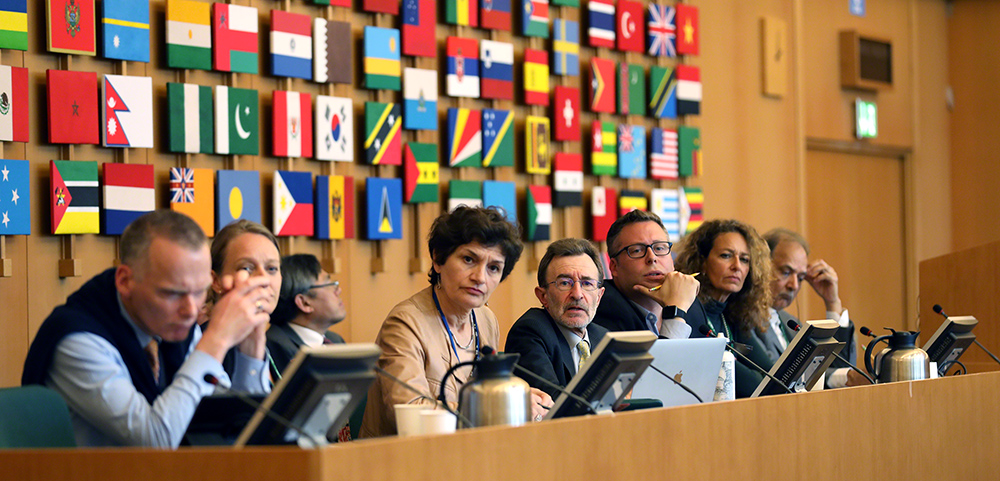
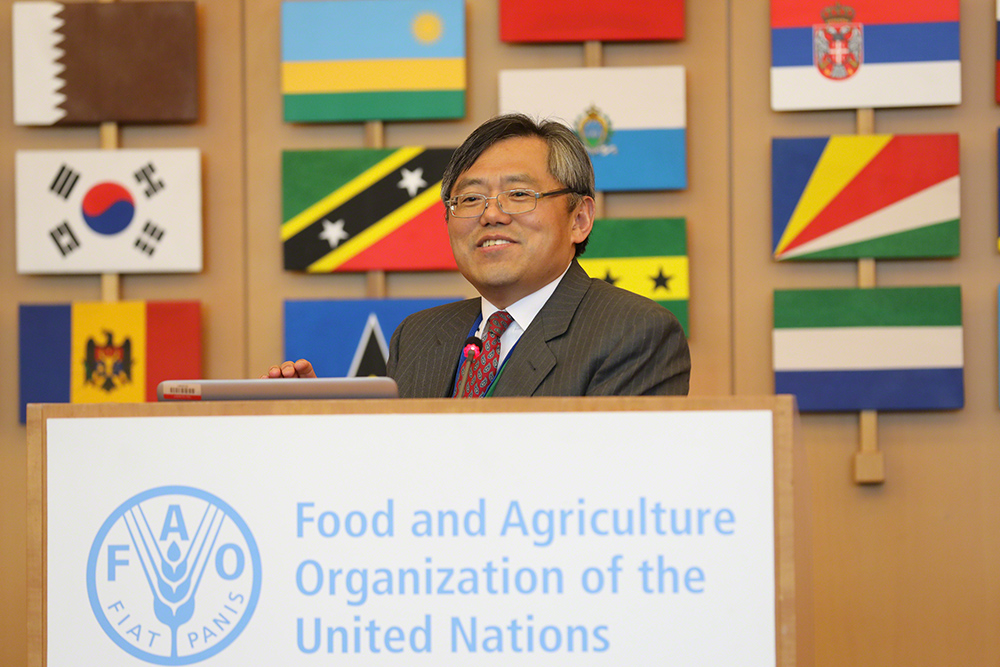
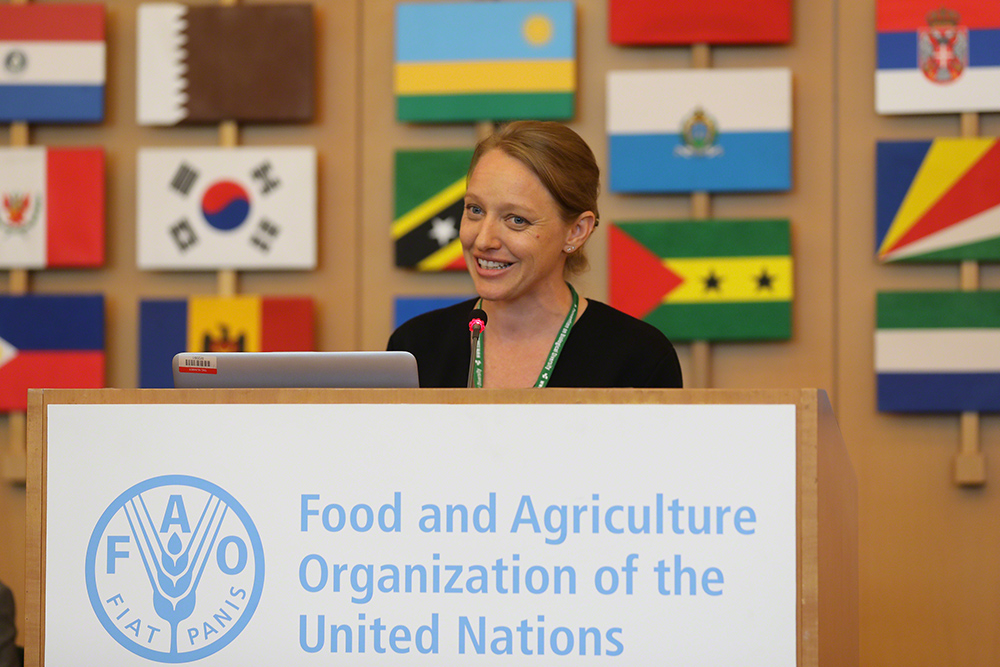
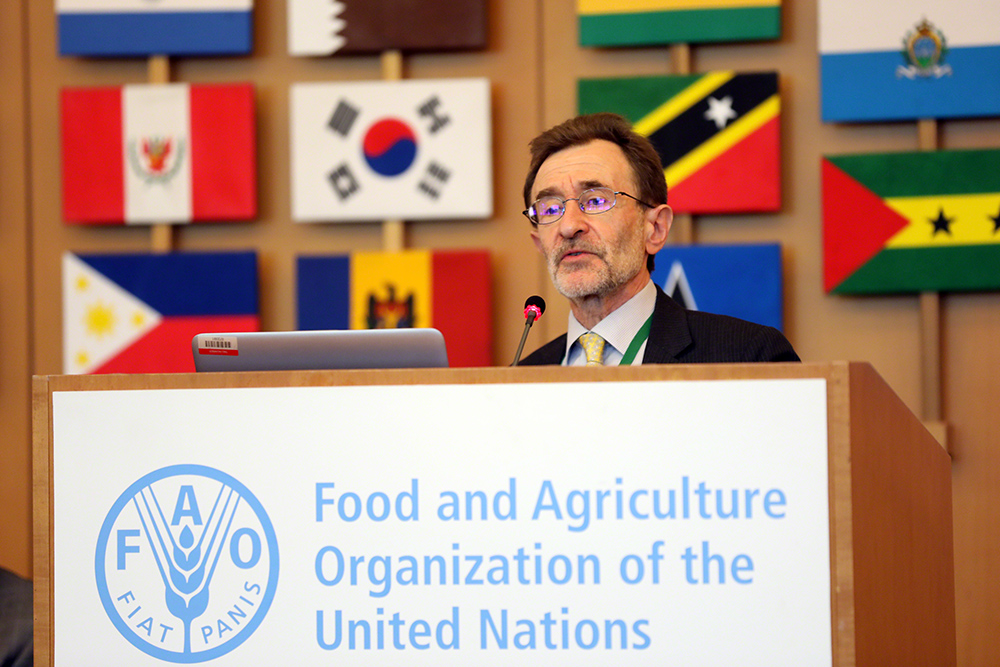
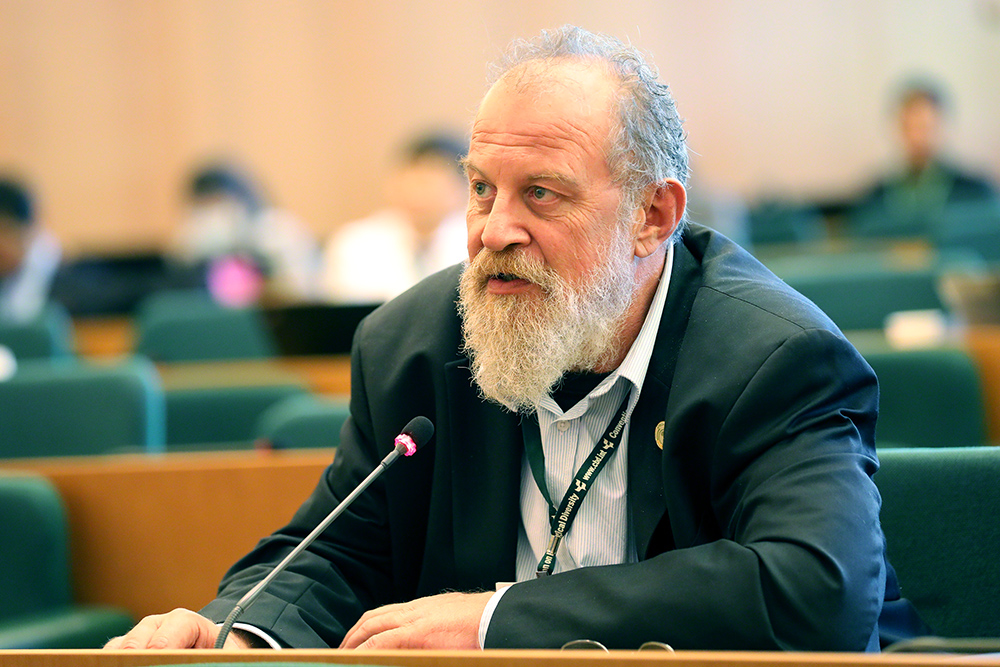
Biodiversity for Food Diversity Exhibition
